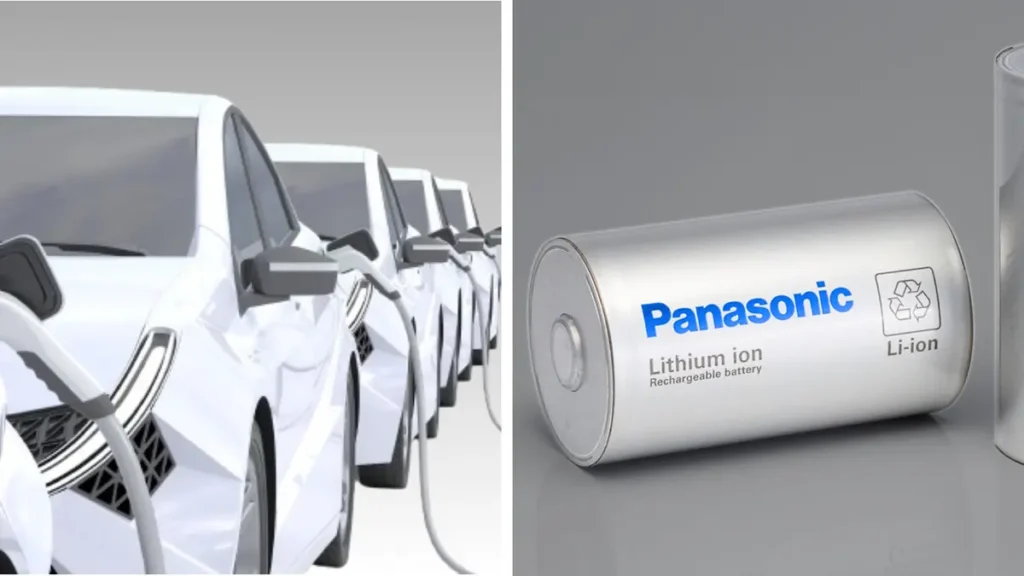Panasonic has revealed plans to develop a next-generation electric vehicle (EV) battery within the next two years, introducing an innovative anode-free design that promises major gains in driving range and efficiency. This breakthrough could significantly enhance EV performance and address one of the industry’s most persistent challenges: range anxiety.
Boosting EV Range and Performance
The new battery technology is expected to increase energy capacity, potentially extending the driving range of vehicles like the Tesla Model Y by up to 25%, or nearly 90 additional miles per charge. By eliminating the anode, Panasonic aims to streamline battery design while improving overall efficiency, giving EV drivers longer trips and fewer charging stops.
Simplified Manufacturing and Lower Costs
Beyond performance improvements, the anode-free design may simplify battery manufacturing and reduce production costs, offering benefits for both automakers and consumers. Panasonic’s move aligns with the global push toward greener transportation, highlighting the company’s commitment to innovation in sustainable mobility.
Industry Impact
Experts view Panasonic’s development as a critical advancement in EV technology, with the potential to reshape the competitive landscape among battery manufacturers. Higher-capacity, longer-lasting batteries could accelerate the transition to electric mobility, making EVs more practical and appealing to a wider audience worldwide.

